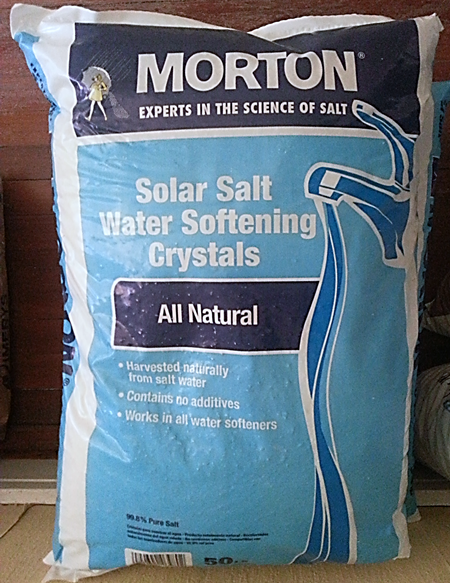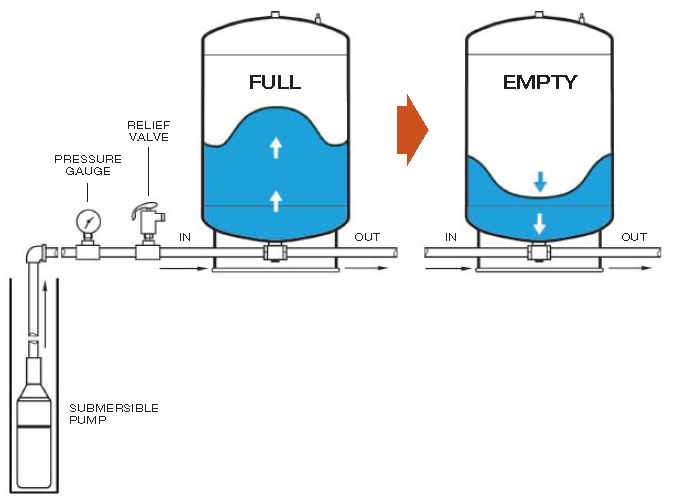Some of us have had the unpleasant surprise of green hair. The main cause of green hair is from dissolved copper in your water. Just like the beautiful green patina of copper planters in your garden, the copper in your water binds to your hair and turns it green. If you have blonde hair, it Read the full article…
Happy Earth Day from H2O
As long as we live on this planet, we need to take care of it. Just like you take care of your house. Here are some simple things you can do: Fix your leaking faucet and toilet – they are real water hogs Turn the water off while you brush your teeth Drink tap water Read the full article…
Why Does A Water Softener Need Salt?
A water softener removes minerals from your water using “ionic exchange”. An ion is an atom that has either a positive (+) or negative (-) charge. And if you remember from your high school chemistry class, you know that opposites attract! Iron, manganese, and hard water, are all minerals with a positive charge (+). So Read the full article…
Can a Water Softener Remove Red-Water Iron?
No. “Red-Water Iron” (also called ferric iron) is iron that has become a solid particle. If the iron is in a solid particle form, the softener cannot remove it. Why? Because softeners are meant to remove iron that is still dissolved in your water, sometimes called “Clear-Water Iron” (also called ferrous iron). Which brings up Read the full article…
Can a Softener Remove Manganese and Magnesium?
Yes! A residential Water Softener does more than just soften water. It will also remove manganese and magnesium. Manganese: Manganese is a naturally occurring element that is almost always found in iron-bearing waters. When the dissolved manganese is heated, or exposed to air or chlorine like in your washing machine or your dishwasher, you may Read the full article…
Water Filters – Which One is Right for Me?
The term “water filters” loosely describes different devices that remove dissolved minerals, gasses and sediment from water. So here is a quick review of what you should know. Whole House Filters – primarily meant to remove sediment such as sand, fine particles and some iron that is in a particle form. The inserts trap these Read the full article…
How Much Water Does a Storage Tank Hold?
Does a 20 gallon tank hold 20 gallons of water? Actually, no. Storage tanks are labeled according to their “shell” size. But their actual water storage capacity is usually about 30% of that. So a 20 gallon tank really holds about 6 gallons of water. For example: Tank Size Gallons of Water 20 6 30 Read the full article…
Waterlogged Pressure Tank Definition
A waterlogged pressure tank means that the bladder inside the tank, which separates the water from the air, is broken and there is now too much water in the tank. Normally, your pressure tank contains 30% water and 70% air. When your pump turns on, it fills the bladder with water. If the bladder is Read the full article…
No Water? Follow These Steps!
No Water? Six Quick Checks You Can Do Right Now! If you are on well water, there’s nothing worse than suddenly being out of water. We speak from experience with customers who call after taking a shower and their water runs out! Here are some quick checks you can do yourself: Check your breaker. It’s Read the full article…
Beware of Frozen Pipes and Drain Lines
It is COLD. Freezing actually. This can create headaches for homeowners because your pipes can freeze, and so can your drain line for your water treatment equipment. What to Look For: Poor water quality Extra water in your brine tank No water or water pressure loss What to Do: If you have confirmed your pipes/drainline Read the full article…


